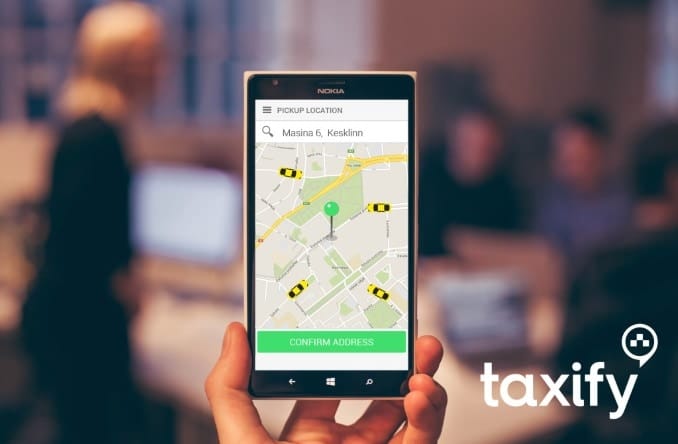Taxify, an Estonian ride-hailing app, has launched a trial of its service in Kampala, the seventh African city it is expanding to.
The start-up has signed up 100 taxi drivers for the pilot scheme, according to sources. It has also placed ads on Facebook for people to “drive Taxify around Kampala to earn extra money”.
The entry of Taxify comes 16 months after Silicon Valley-based Uber started operating in Kampala and parts of Wakiso. Uber currently has 48,000 active riders and 1000 drivers in Uganda, according to figures it shared recently.
Uganda is the fourth sub-Saharan Africa country Taxify is expanding to. Currently, it operates in South Africa, Kenya, and Nigeria. In Kenya it operates in Nairobi – where it launched in June 2016 – and Mombasa, where it launched this September.
The app typically charges a 15% commission on trip fares, with drivers retaining the rest. This makes it an attractive option for drivers when compared to Uber, which takes a 25% cut.
“Taxify’s biggest advantage is the focus on good service by treating the drivers and riders better than other platforms. This means having higher pay for drivers, thanks to lower fees,” its chief executive, Markus Villig, told Reuters.
That argument will resonate well with Uber drivers in Kampala who have grumbled about the app since it cut prices in February. Several drivers this website has spoken to say this, in addition to fewer incentives compared to when it had just launched, reduces what they earn from Uber to a bare minimum. Some have resorted to cheating customers, blaming the low earnings.
The prices that show in the Taxify app are lower than those charged by Uber. Its base fare is Shs950 versus Uber’s Shs1,100, and each kilometre costs Shs600 while every minute on the trip is charged Shs150; Uber charges Shs750 and Shs150 per kilometre and per minute, respectively.
Getting a taxi through Taxify at the moment is next-to-impossible, however. Although the app allows booking and setting a destination – unlike a few weeks back when those options were unavailable – it kept showing that no drivers were available. The best we got in our repeated attempts to order was: “All cars are busy. Please try again.”
The company told Uganda Business News it is “currently not ready to disclose the details yet” about its expansion to Kampala.







